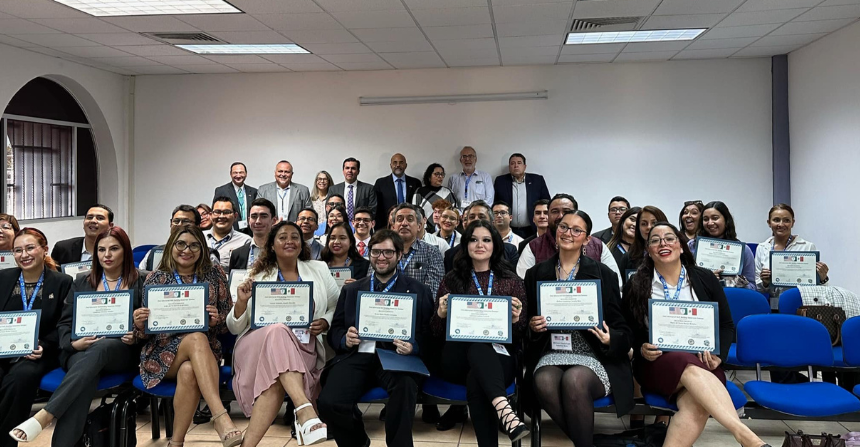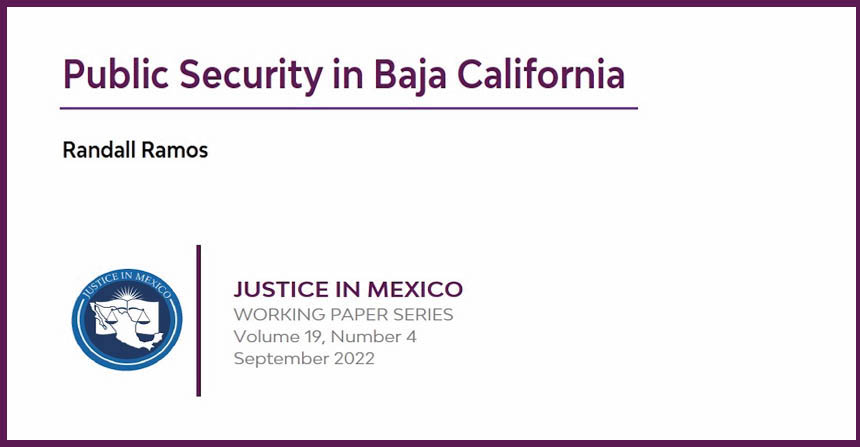02/16/12—In a Mexico City press conference last week, the European Union (E.U.) reaffirmed its commitment to its Strategic Partnership with Mexico, pledging increased support for anti-drug and human rights efforts. E.U. Vice-President and High Representative for Foreign Affairs and Security Policy Catherine Ashton spoke during what has been her first tour of Latin America since taking office. She visited Mexico on her way to Brazil.
Mexico and Brazil are currently the only countries in the region to hold Strategic Partnerships with the European Union. This form of partnership extends beyond the normal scope of a trade agreement, to encompass political and economic advisement, along with education and human rights initiatives. The European Union is Mexico’s third-largest trading partner, and its second-largest source of direct foreign investment. Trade with the European Union has injected 102 billion dollars into the Mexican economy since 1999. Ashton confirmed the E.U.’s intentions to intensify the partnership, particularly in the automotive, aerospace, and green technology industries.
To help Mexico combat organized crime, Ashton promised some form of Europol (European Police Office) cooperation, without providing further details. To the delight of the Mexican news media, Ashton emphasized the E.U.’s disapproval of travel advisories against visiting Mexico, in contrast with the U.S. position. The European Union, she explained, believes that Mexico does sufficiently guarantee its visitors’ safety at this time. In addition, Ashton officially recognized the Mexican government’s ongoing efforts to ensure respect for human rights within its territory, although she noted, “this is not an easy task.”
Ashton also announced a new round of E.U.–Mexico dialogue on security issues later this year, in order to coordinate cooperation against drug trafficking, which Ashton categorized as a “global threat.” At the talks, the leaders will work to develop protocols for trans-national investigation and information sharing, training programs for Mexican judges and lawyers in the new accusatorial justice system, and strategies to impede the international flow of the chemical precursors to drugs such as methamphetamines. A clamp down on the movement of these chemical precursors, which often originate in India and China, would benefit Mexico and the rest of the world: amphetamines have become “the fastest-growing illicit drug in the world,” according to the United Nations Office on Drugs and Crime, and National Public Radio has reported that Mexican drug cartels are currently “making a major push into synthetic drugs.” (Read more about a record-breaking methamphetamine bust last week just outside of Guadalajara here.) The European Union also hopes to expand the anti-drug policies it develops with Mexico into the rest of Central America in the future. E.U. officials have urged Mexico to direct the European Union as to how it can best help Mexico, rather than to impose European ideas upon the country.
During the visit, E.U. and Mexican officials also conversed on multilateral international issues, including the need to support the Arab League in its efforts to confront the violence in Syria, G20 affairs, and the E.U.’s prospects for finalizing a commercial agreement with Mercosur (Argentina, Brazil, Paraguay, and Uruguay), which has been in the works since 1999. The Mexican and E.U. leaders also confirmed both parties’ ongoing commitment to combatting climate change.
Sources:
“Reitera UE respaldo a México en la lucha contra inseguridad.” Milenio. February 9, 2012.
Otero, Silvia. “Tratarán México y UE lucha al narco.” El Universal. February 13, 2012.
Beaubien, Jason. “Mexican Cartels Push Meth Beyond U.S. Market.” NPR. February 16, 2012.




